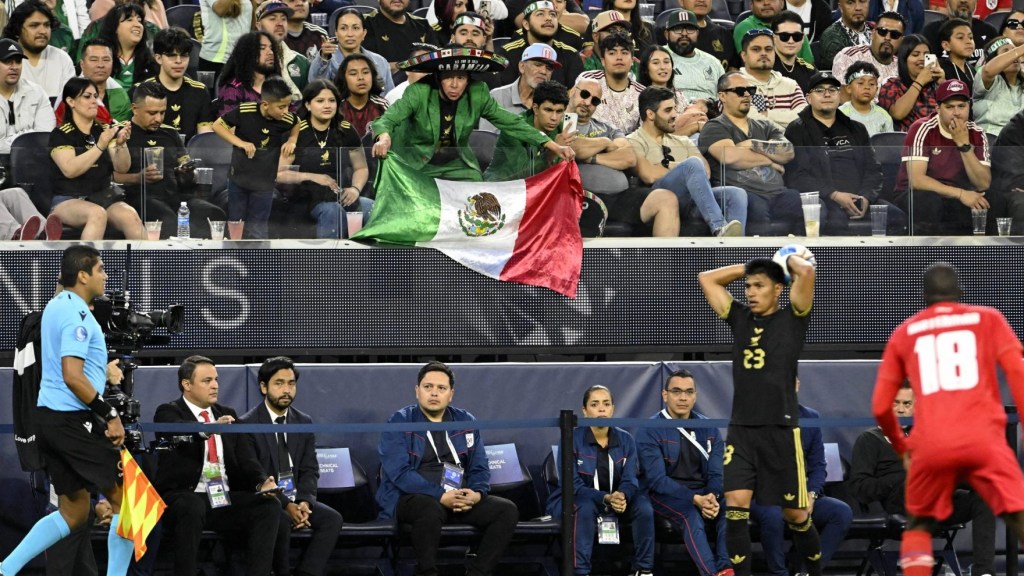As tax season approaches, the economics of Shohei Ohtani have become a federal issue.
Weeks after Ohtani signed a record $700 million contract with the Los Angeles Dodgers that includes a similarly unprecedented $680 million in deferrals, California’s state controller is calling on the U.S. Congress to close a loophole that currently would allow Ohtani to avoid paying as much as $98 million in state taxes.
“The current tax system allows for unlimited deferrals for those fortunate enough to be in the highest tax brackets, creating a significant imbalance in the tax structure,” said Malia Cohen, California’s controller. “The absence of reasonable caps on deferral for the wealthiest individuals exacerbates income inequality and hinders the fair distribution of taxes.”
The California Center for Jobs and the Economy has calculated that Ohtani could save up to $98 million in state taxes by moving to another state or out of the country between 2034 and 2043, when his Dodgers contract deferrals are due. Ohtani’s annual potential savings of $9.8 million are equivalent to the total 2021 tax liability of California’s bottom 1.78 million tax filers in 2021.
California’s top income tax rate is now 14.4%. Though this is a state-level issue, the plea for federal help is based on current Internal Revenue Service tax rules—set by Congress—that help dictate what states can do. It is uncertain, however, whether Congress will pick up the tax issue and the often dicey politics that come with it, particularly in a presidential election year.
“Introducing limits on deductions and exemptions for high-income earners promotes social responsibility and contributes to a tax system that is just and beneficial for all,” Cohen said.
The Dodgers have spent roughly as much as the other 29 MLB teams combined this offseason on player talent.






![[Subscription Customers Only] Jun 15, 2025; Seattle, Washington, USA; Botafogo owner John Textor inside the stadium before the match during a group stage match of the 2025 FIFA Club World Cup at Lumen Field.](https://frontofficesports.com/wp-content/uploads/2026/02/USATSI_26465842_168416386_lowres-scaled.jpg?quality=100&w=1024)
![[Subscription Customers Only] Jul 13, 2025; East Rutherford, New Jersey, USA; Chelsea FC midfielder Cole Palmer (10) celebrates winning the final of the 2025 FIFA Club World Cup at MetLife Stadium](https://frontofficesports.com/wp-content/uploads/2026/02/USATSI_26636703-scaled-e1770932227605.jpg?quality=100&w=1024)









